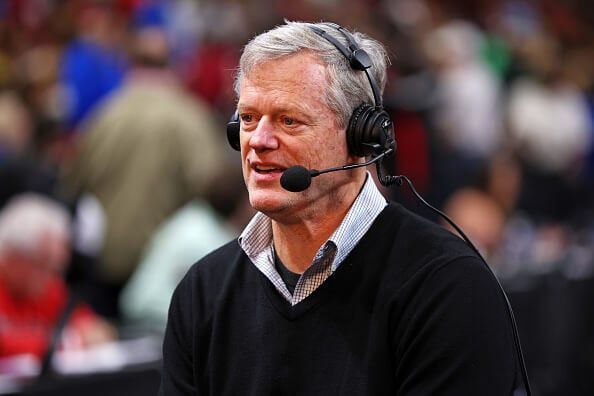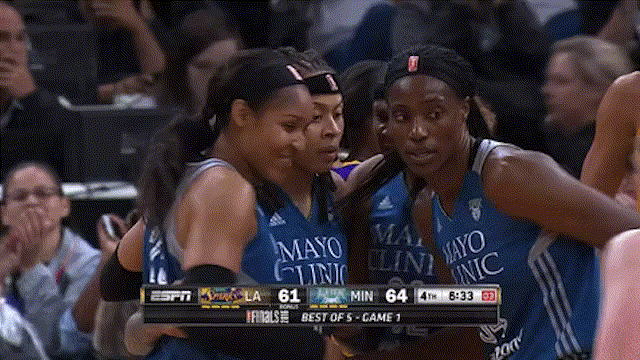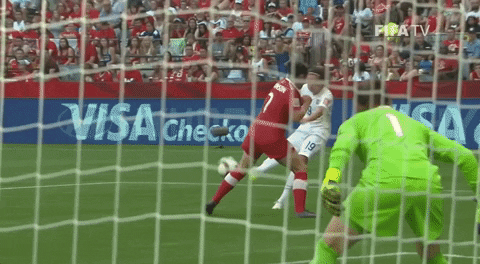The NCAA removed restrictions on the transfer portal and school-assisted NIL deals this week

The GIST: Pending ratification on Monday, the NCAA’s Division I Council made major moves to reduce restrictions on name, image, and likeness (NIL) deals and the transfer portal this week, changes the org’s implementing to try and keep up with the ever-changing college sports world.
Multiple transfers now permitted: Since 2021, student-athletes transferring more than once have had to sit out a year before resuming competition, with grad school– and waiver-related exceptions. But,on Wednesday, the NCAA voted to update its rules, allowing athletes to transfer as many times as they want without penalty.
- This change, while welcome, is little more than a formality: A federal judge already suspended the previous restrictions via a December preliminary injunction, allowing students to freely transfer multiple times all semester. Now, they’ll simply do it with the NCAA’s blessing.
Institutions can now assist in NIL: The NCAA also removed many rules restricting schools from facilitating athletes’ NIL deals, alleviating some major administrative headaches. Starting August 1st, institutions can help students land deals with third-parties, aiming to provide “some stability and assistance to a very unstable environment.” All for it.
- In the announcement, the NCAA held its ground on prohibiting schools from directly compensating athletes, aka pay-for-play. Nonetheless, the amateurism model grows more precarious by the day.
- Case in point? Yesterday, the state of Virginia passed a law overriding the NCAA’s ban on schools inking their own NIL deals with athletes (effective July 1st), which could force the org to adopt president Charlie Baker’s grand plans faster than anticipated.
What’s next: The Virginia law explicitly states that student-athletes are not school employees and will not be compensated for athletic performance…but even that distinction could become irrelevant as unionization efforts chip away at amateurism. Combined with these new rules — plus conference realignment — college sports’ reinvention era is just beginning. Watch this space.

